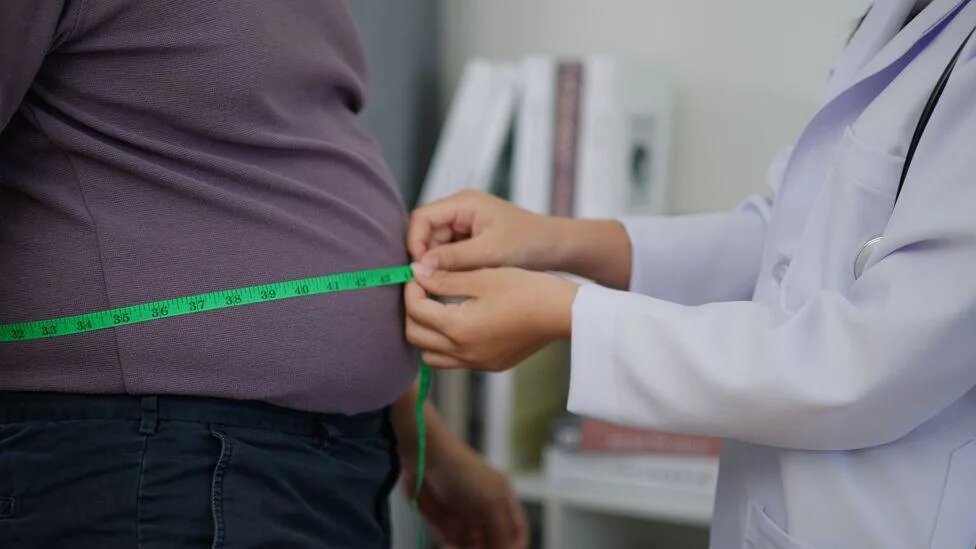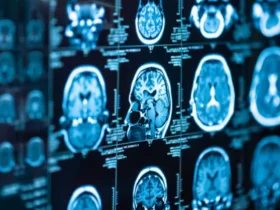United States: According to new research presented at the Digestive Disease Week conference in Washington, D.C. on Monday, some lose pounds within a few weeks after using new famous weight-loss drugs.
The findings unveiled raised the possibility of genetics playing a role.
More about the findings of the study
The few groups who are keen anomaly may relinquish 20 percent or more of their body weight, but about 14.3 percent of the individuals who took the GLP-1 agonist semaglutide for over a year did not shed even 5 percent of their initial weight.
However, a newly developed test that suggests a genetic risk assessment of the patients may help identify what is likely to achieve success when injectable weight-loss medication.
According to lead researcher Dr. Maria Daniela Hurtado Andrade, “Our data support that obesity has a strong genetic and biological basis that varies within patients living with obesity,” as US News reported.

“Furthermore, our results underscore the potential of individualizing therapy to improve outcomes that will ultimately translate into improved health,” added her.
Dr. Andres Acosta, a gastroenterologist and researcher at the Mayo Clinic who helped develop the test, said, “We think that the test will be able to explain who will be able to lose weight, and we can predict with 95% accuracy who will lose more than 5% with this genetic test.”
About gene factor in shedding weight
The scientists looked through 6,000 variants in 22 genes in the signaling pathway for the GLP-1 hormone and gave people what they called a ‘Hungry Gut’ score to classify the people as ‘Hungry Gut’ positive or negative.
The researchers found that people who fall under the category of having a hunger gut-positive respond normally to hormone signaling in the brain.
As for the second group, the post-hunger gut-negative individuals do not react to hormonal signals from the stomach that signal that the body does not need any more food.
Acosta says the test categorizes those individuals as having a ‘hungry’ brain, although they may require a different approach than the typical patient to shed some poundage, perhaps bariatric surgery.
According to the small study of 84 patients, volunteering in the weight loss registry of Mayo Clinic, the test was performed on fresh blood/saliva samples available in the repository.
Across the year, they divided into groups of hungry-gut-positive individuals who were consuming the drug for a year, shedding an average of 19 percent of their starting weight, figures that were almost twice that of the hungry-gut-negative individuals who were taking semaglutide and had reduced their starting weight by 10 percent.
Acosta stated, “We do need to test these in a randomized, double-blinded, placebo-controlled trial that we have done for other medications. That’s the highest gold standard,” as US News reported.
“But at this point, we can say that these outcomes were in patients who were blinded to the results as well as the investigation,” he added, which means patients were not aware whether they were hungry gut-positive or hungry gut-negative while they were using the drug.











Leave a Reply